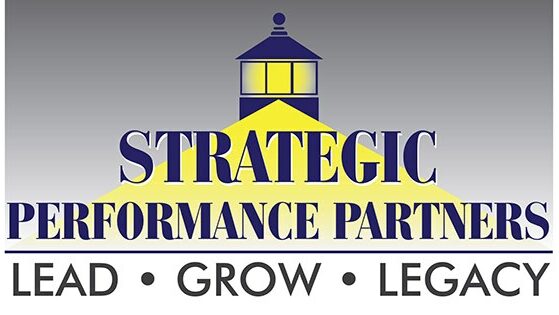In the last blog we talked about the market forces that are impacting your nonprofit organization today. Serving Leaders face challenges today that were not even thought about five years ago. The rate of change has accelerated and it doesn’t look like it’s going to slow down in the foreseeable future. We need to create an organization able to engage our patrons and members to create stronger communities and bring in the best partners. If we do this, we are guaranteed an opportunity to grow and prosper. Talk about tough! You can do all the right things for your community and you may be given a chance to continue being part of your members’ lives.
Because of this, I think it’s critical that as leaders we remind ourselves why we do what we do. For many of you, this is a reminder of what you’re currently doing. The problem I’ve seen is that many serving leaders are so challenged on a daily basis they have limited time to create a lasting organization.
I use Jim Collin’s Good to Great Framework to put a common foundation under all of our discussions. There are many leadership models available for us to use but I find the simpler the better. I believe this is one of the reasons Jim’s book sales have exceeded several million copies. The other thought I’d share is if you haven’t read Good to Great, go out and pick up a copy. It’s a great investment and provides you with significantly more information on how to do the things we talk about here on the blog. I was exposed to the Jim’s thinking over a decade ago and it shapes the way I see organizations.
My favorite Jim Collins quote is, “Greatness in not a function of circumstance.” Greatness, it turns out is largely a conscious choice, and discipline. Today that message is more critical than ever before. We are overwhelmed by situations, character challenges and being over communicated to on a regular basis. Leaders who want to provide value to their communities must continue to provide direction while engaging in willful, decisive leadership. The only thing worse than an organization that fails because of lack of courage is one that fails because of lack of purposeful action. Not that I feel strongly about this.
What are you deeply passionate about? As a man with many different passions, I can understand how easy it is to get sidetracked on a regular basis. Many of my better clients have more passions than I do. In the past that may have been okay but today, too many passions lead to diffused messages in the marketplace. When you think about you passions, in what direction to you want to lead your organization? For many new leaders, it’s the first question that must be asked if you hope to lead your team to become a breakthrough organization.
Passions come in many forms but to be an extraordinary organization you must choose what you want to be known for. It must be an active choice and must represent what you and your organization believe because you might need to share it with others who want to join your cause. People are not moved by whispers but by a message that moves them to their soul. In our social media driven world people receive over 30,000 messages every day. Because of all this competition for our attention we have learned to tune out messages without passion and can self select what messages we hear on a conscious level.
We have always put a high level of weight on social proof but today we can find out anything on just about anybody within five minutes using a simple Google search. Your choices on what you share and like tell us how we should approach you, where you are, and connect with you on a personal level. Little things take on significant meaning when you are overwhelmed by others barrage of low cost messaging systems. You must be able to share your passions in a concise manner and in a way that allows others with similar passions to find you. Shared passions play a larger and larger role in your organization’s success. Give me a small band of men and women with passion and I can change the world. In later blogs, we are going to share more how to do this, but for now just remember to start with your passions and purpose in mind.
Our next blog will help you identify your organization’s strengths and how to leverage them to build a great organization. See you next week.
